Sea drones and Saudi talks: why the Black Sea is vital
Bold military strikes by Ukraine, coinciding with a Saudi summit to discuss ways to end the conflict, could impact the war for global public opinion, as well as the military struggle.
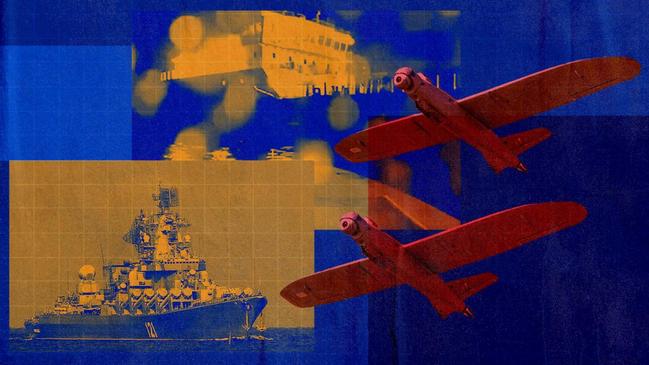
In April last year, less than two months into President Vladimir Putin’s full-scale invasion of Ukraine, Kyiv scored a propaganda victory when it sunk the Moskva, the flagship of Russia’s Black Sea fleet, off the coast south of Odesa.
Now, as the Ukrainian counteroffensive on land runs into stronger than expected Russian resistance, attention is again shifting to the Black Sea, after bold military strikes by Kyiv, involving aerial and, increasingly, naval drones.
The battles raging in its waters have implications not just for the military struggle but also for the wider war that the enemies are waging: for global public opinion, especially among developing countries, dozens of which are attending a summit in Saudi Arabia this weekend on ending the conflict – to which Russia has not been invited.
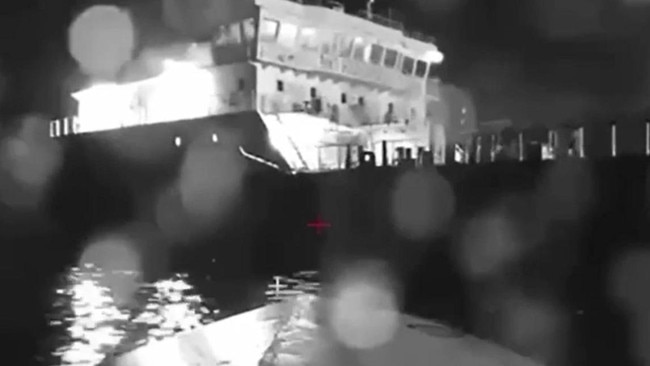
Kyiv scored a significant success early on Friday (late Friday AEST) when one of its maritime drones hit a Russian warship in the port of Novorossiysk, a Black Sea base east of the Crimean peninsula, hundreds of miles from Ukrainian territory.
Video, apparently shot by the drone, showed the vessel, thought to be the Olenegorsky Gornyak, a landing ship, damaged on the port side and listing while tugboats tried to bring it into port. The full extent of the damage was unclear but it was hailed as one of the greatest Ukrainian successes at sea since the attack on the Moskva – even though the country’s navy claimed, rather improbably, that it had nothing to do with the attack.
Then, early on Saturday, the Ukrainians appeared to have struck again: a naval drone packed with 450kg of explosives hit a Russian oil tanker believed to be carrying fuel for its military as it passed near the Kerch Strait bridge that links Crimea with Russia. The engine room was reported to have been damaged but it remained afloat, no oil was spilt and none of its 11 crew was injured. Vasyl Malyuk, head of Ukraine’s security service, claimed responsibility and said
his country’s forces would attack any ship helping the Russian war effort.
Why the Black Sea now?
Kyiv’s stepping-up of attacks on Russian targets in the Black Sea appears to have been triggered by the Kremlin’s withdrawal last month from a deal guaranteeing safe passage to ships exporting grain from Ukraine. Moscow has also intensified its bombardment of the country’s ports.
Ukrainian officials claim 200,000 tonnes of grain intended for export have since been destroyed in drone and missiles attacks on Odesa and Mykolaiv, on the Black Sea, and on Reni and Izmail, on the Danube. This risks driving up global food prices – especially for developing countries, many of which depend on Ukrainian exports.
The cost of wheat on international markets rose last month for the first time in nine months, albeit by a modest 1.6 per cent from June, the UN Food and Agriculture Organisation reported last week.
With the latest assault, “Kyiv showed that it can attack any vessel of the Black Sea Fleet, no matter the distance”, Roman Svytan, a Ukrainian military analyst, told the Associated Press news agency. The ending of the grain deal had “untied Kyiv’s hands”, he added, predicting the frequency of attacks on Russian ships would increase.
Nor is it just the sea that is a theatre of conflict; the skies above it have also turned into a potential flashpoint. In March, a Russian Su-27 fighter jet intercepted and damaged an American MQ-9 Reaper drone as it flew over the Black Sea, causing it to crash into the water.
the game-changer
In terms of conventional naval weaponry, Kyiv would appear to stand little chance against its foe: the Russian Black Sea Fleet has nearly 50 warships, seven submarines and a large number of support vessels, far more than Ukraine, which lost more than 80 per cent of its naval assets as a result of Moscow’s annexation of Crimea in 2014.
The situation has been transformed, however, by Ukraine’s growing use of maritime drones, which its engineers are understood to have developed from scratch since the full-scale invasion.
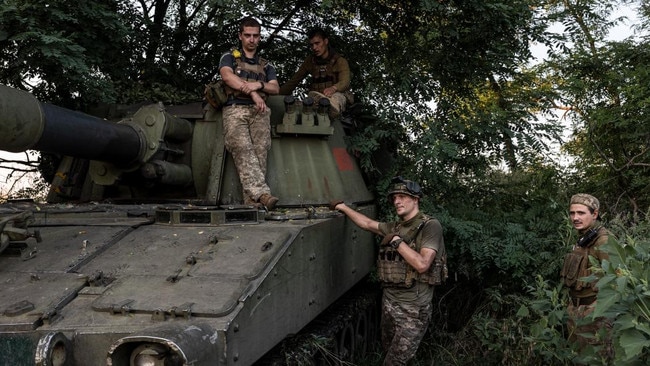
A reporter from the CNN was given an exclusive demonstration of the craft at a makeshift Ukrainian base at a secret lakeside location. He described a gunmetal grey vessel that “resembles a wide canoe”, operated using a multi-screened control board like an “elaborate gaming centre” that can be housed in a long black, hard-shell briefcase.
The latest version weighs up to 1000kg, with an explosive payload of about 300kg, a range of 500 miles and maximum speed of 50 mph, CNN reported. The drone involved in Friday’s strike carried up to 450kg of TNT.
War for public opinion
The battles raging in the Black Sea are likely to be closely watched by senior officials from about 40 countries who attended a weekend meeting that began in the Saudi port of Jeddah yesterday to discuss a way of ending the war.
Ukraine hopes the meeting will lead to a peace summit of world leaders this autumn that will be based on Kyiv’s ten-point formula for ending the conflict. Its plan includes respect for its territorial integrity and the withdrawal of Russian forces from Crimea and other territories in eastern Ukraine that the Kremlin claims to have annexed.
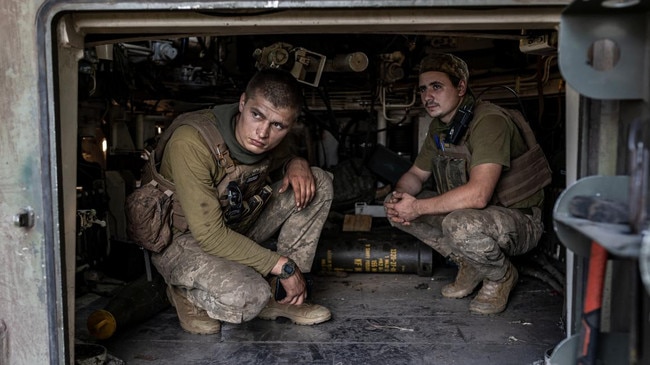
Ukraine has been dismayed by the reluctance of many developing countries to criticise Russia’s invasion, although there are signs that this could change as a result of the damaging consequences of Putin’s decision to pull out of the grain agreement.
Kyiv appears to have been heartened by the presence in Jeddah of officials not just from big powers such as India and Brazil, which have remained neutral but, even more significantly, of China, whose leader, President Xi Jinping, announced a “no limits” partnership in February last year, when Putin visited Beijing. Soon afterwards, Russia launched its invasion.
Moscow rejects Ukraine’s peace formula and is not represented in Jeddah. The Kremlin has said it will “keep an eye on the meeting”.
The Times

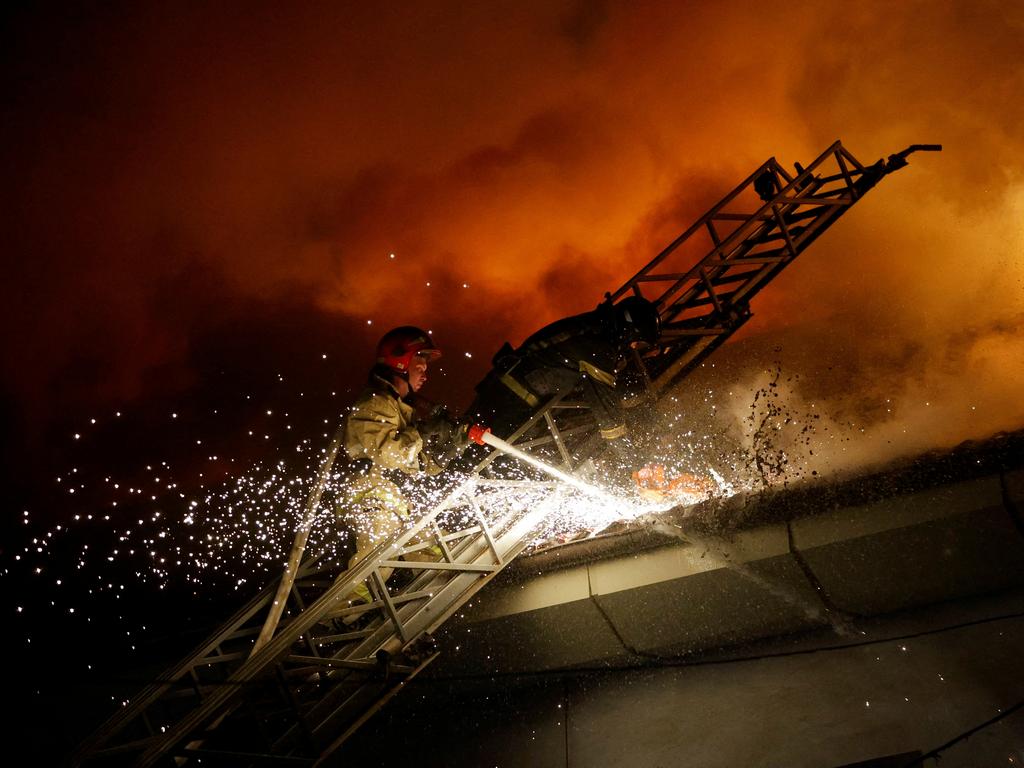

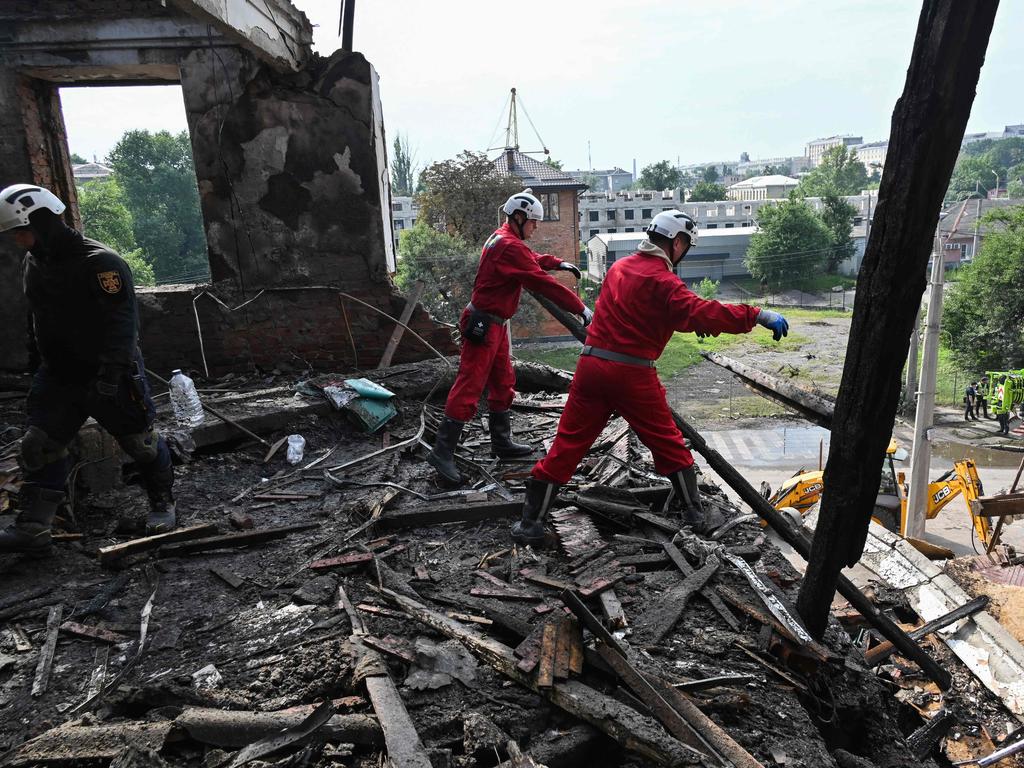
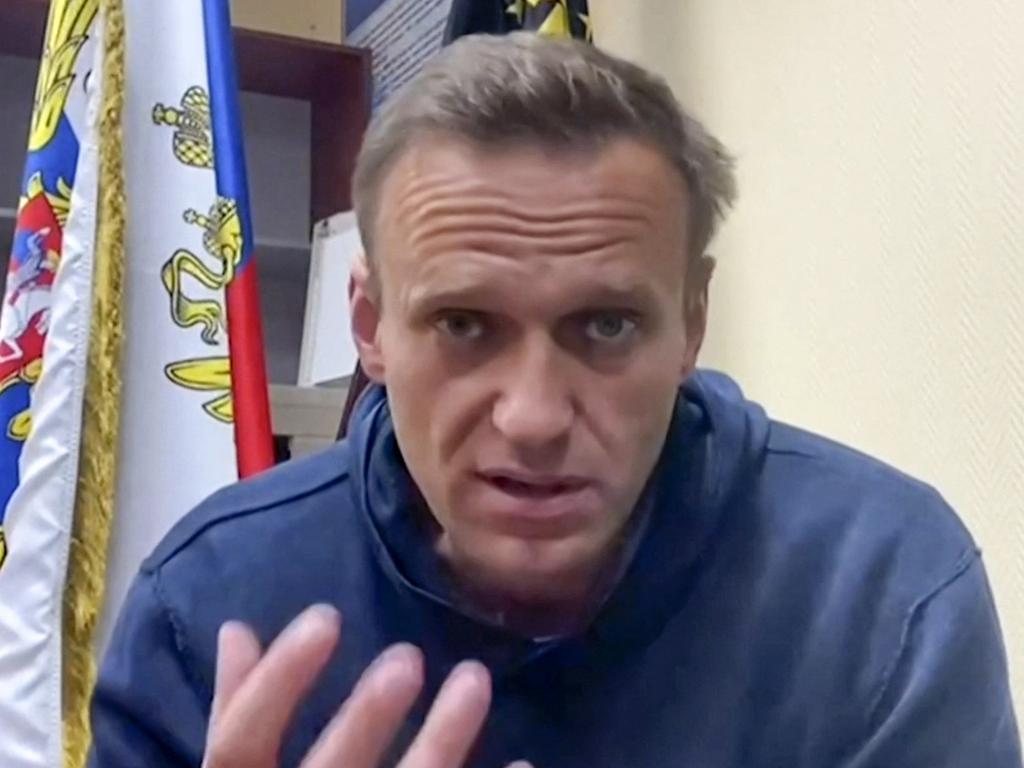


To join the conversation, please log in. Don't have an account? Register
Join the conversation, you are commenting as Logout